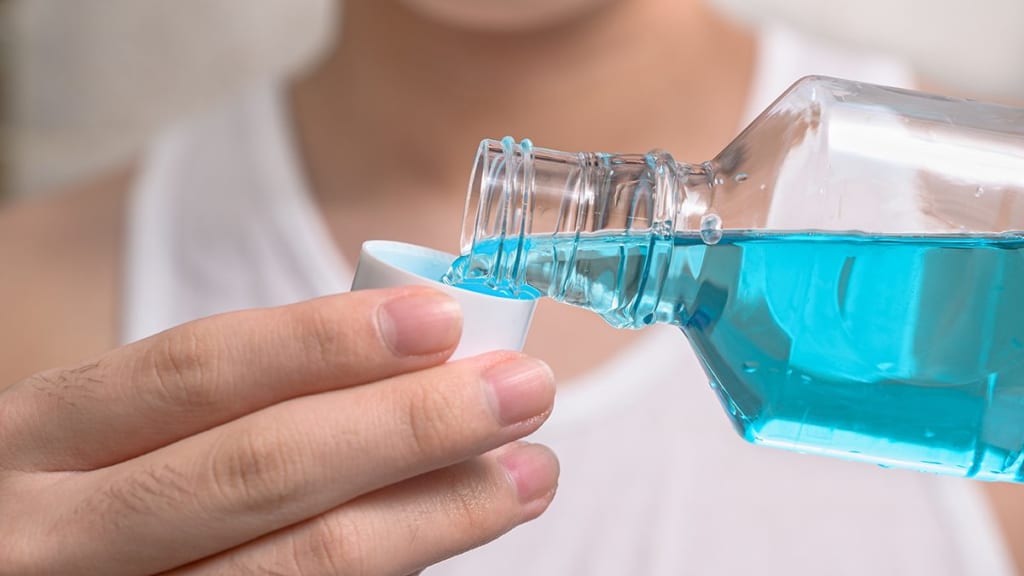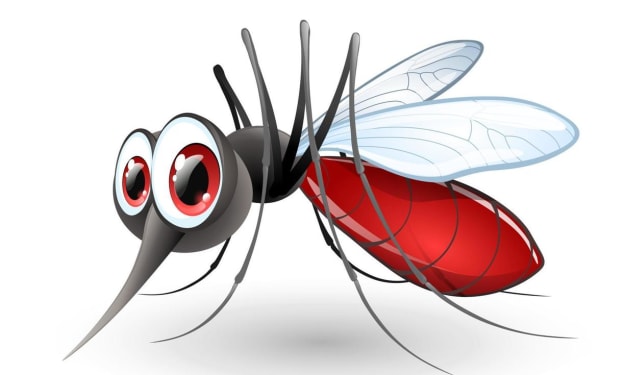Why you should stop using mouthwash
Mouthwash increases dentist visits and worsens your teeth.

We've all seen the advertisements promising whiter teeth, stronger gums, and the end to foul breath after only 30 seconds of gargling mouthwash. Except… It's the opposite of that. In fact, using mouthwash is one of the most common (and avoidable) dental care mistakes.
It's important to realize that mouthwash is more than simply a means for producers to increase their profits, despite the marketing rhetoric. Instead of helping your teeth and gums, traditional mouthwash may exacerbate existing issues if used regularly.
According to a 2019 research, even traditional dentistry science disregards the significance of mouthwash. They explain that technological advances have completely transformed our comprehension of the complexities and significance of the human microbiome. This development has... drawn attention to the problems linked with the use of existing, broad-spectrum treatment methods, like dysregulation and the rise in resistance to antibiotics. The intact, surviving population is likely to avoid reinfection by pathogens; hence dental plaque community remodelling is projected to offer considerable benefits over traditional broad-spectrum mouthwashes.
Simply said, mouthwash and other bacteria-killing alternatives meant to prevent and repair teeth diseases do not function. They are ineffective since they destroy the oral microbiome, the body's first line of defense against oral infections.
The mouthwash kills the good bacteria in your mouth. If you use mouthwash, it's like putting needless antibiotics into your mouth. The use of mouthwash is identical to the use of antibiotics in that both completely eradicate all germs without discrimination, resulting in impaired immune function and other issues. Good bacteria are essential for general health, and they're also important for the oral microbiome since they help prevent conditions like tooth decay, gum disease, and even foul breath.
Mouthwash dries out your mouth. Having enough saliva in the mouth is crucial because it aids in rehydration, which is essential in preventing and treating cavities without resorting to artificial means. To make matters worse, mouthwash inhibits saliva production. To eliminate germs that may have survived your toothbrush, toothpaste includes anionic compounds; mouthwash, with its high alcohol level, has positively charged compounds that neutralize what the toothpaste has left behind. The lips and cheeks will feel dry after exposure to this combination of chemicals. This response may be rather unpleasant for some individuals and can produce symptoms such as sloughing of skin within the mouth.
Using mouthwash may increase the prevalence of cavities. Killing "99.9% of bacteria" doesn't help your teeth by reducing the risk of cavities, despite what you may have heard. To begin, the oral microbiota is there to aid in the tooth remineralization process that occurs on its own. Destroying all of the microorganisms in your mouth, both good and harmful, is an essential step in halting the progression of tooth decay. As was previously described, saliva is an essential part of the remineralization process but is often diminished by mouthwash usage. Saliva deposits vital minerals like phosphorus, magnesium, and vitamin K2 onto the teeth and also disrupts the oral bacteria that may cause decay.
Bad breath is not fully remedied by mouthwash. Don't be fooled by its minty scent; regular mouthwash does little to eliminate bad breath. Due to the alcohol content of mouthwash, you may be unwittingly stripping your mouth of the saliva and beneficial bacteria it requires to combat bad breath.
They might cause sores in the mouth. Bad breath isn't the only side effect of a dry mouth. Ulceration, or the growth of a hole in your tissue, may result from using traditional mouthwash due to neutralizing the components in your toothpaste and mouthwash.
It has been shown that using mouthwash might increase your chance of developing oral cancer. Some evidence suggests that using mouthwashes with alcohol might raise your chance of developing oral cancer, although the research is still preliminary. It has been hypothesized that the increased usage of mouthwash by smokers to mask the unpleasant taste in their mouths may contribute to the development of oral cancer.
The "why" of the mouthwash's irritating effects could even shock you. Ingredients, including eucalyptol, menthol, thymol, and methyl salicylate, which are somewhat irritating to the skin, contribute to the burning sensation caused by Listerine and other mouthwashes. The second reason is that the compounds in these mouthwashes sink into your gums, teeth, and tongue, causing the familiar burning sensation, but they don't kill all the bacteria in your mouth.
About the Creator
Nelis Thuo
Welcome to my world of words! I am a lover of all things literature and storytelling. Join me on my journey as I explore the depths of the human experience and uncover the beauty in the everyday.






Comments
There are no comments for this story
Be the first to respond and start the conversation.